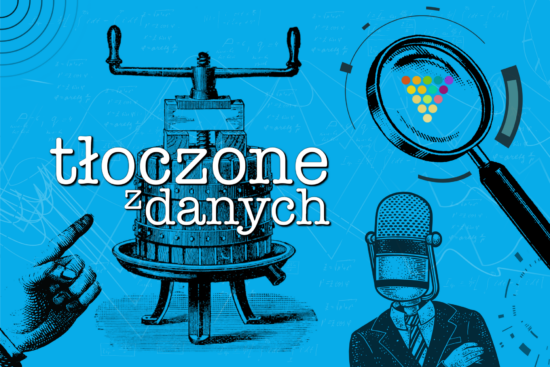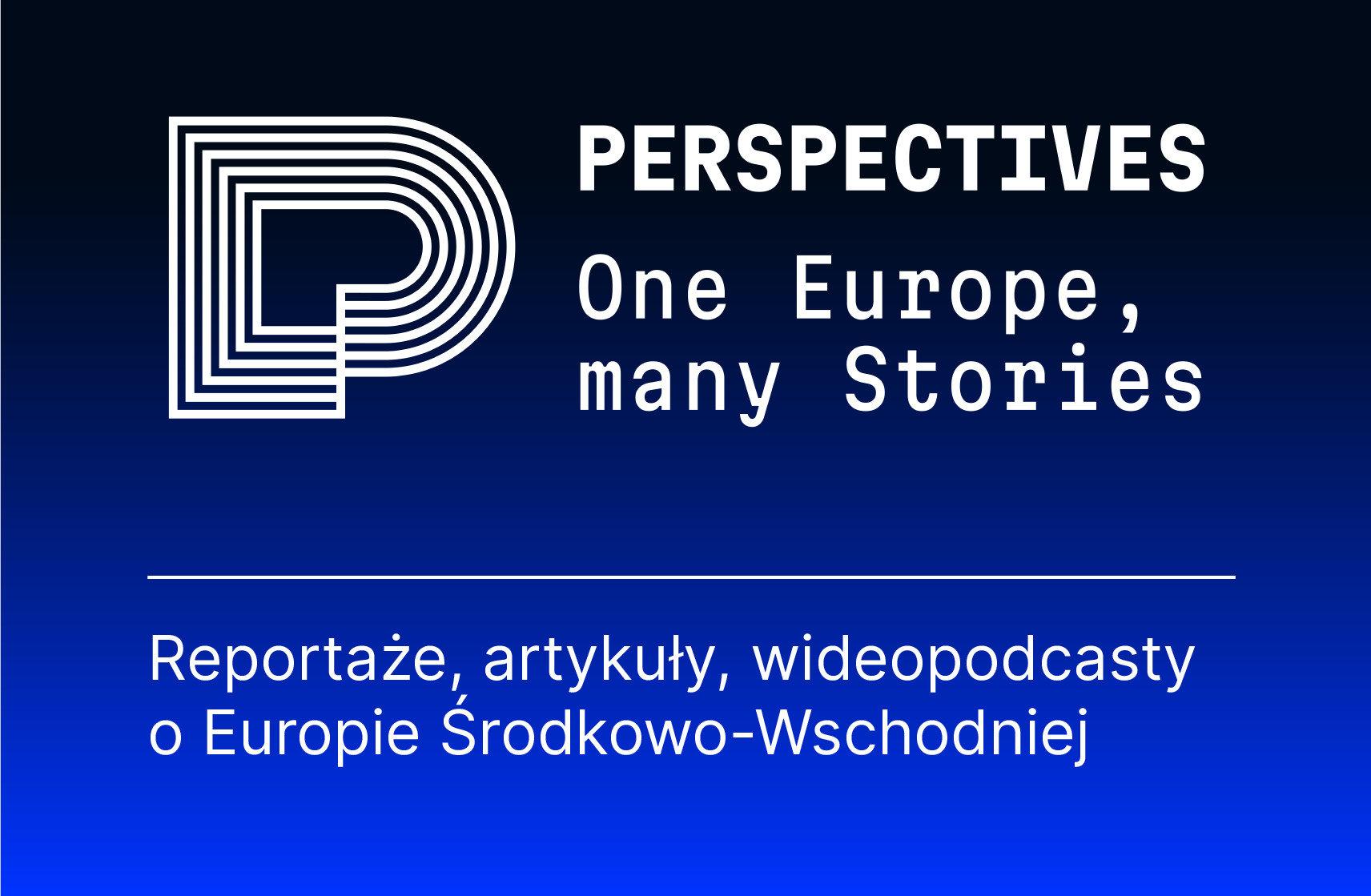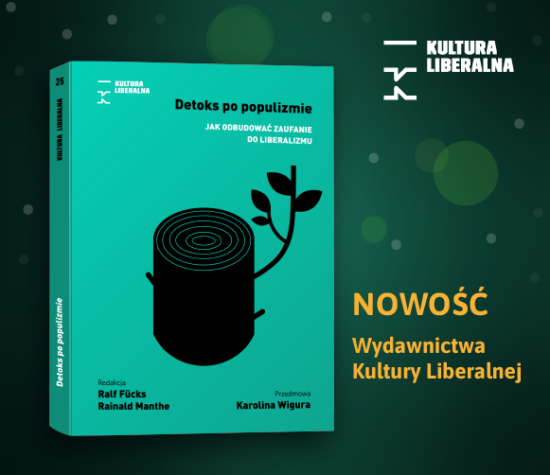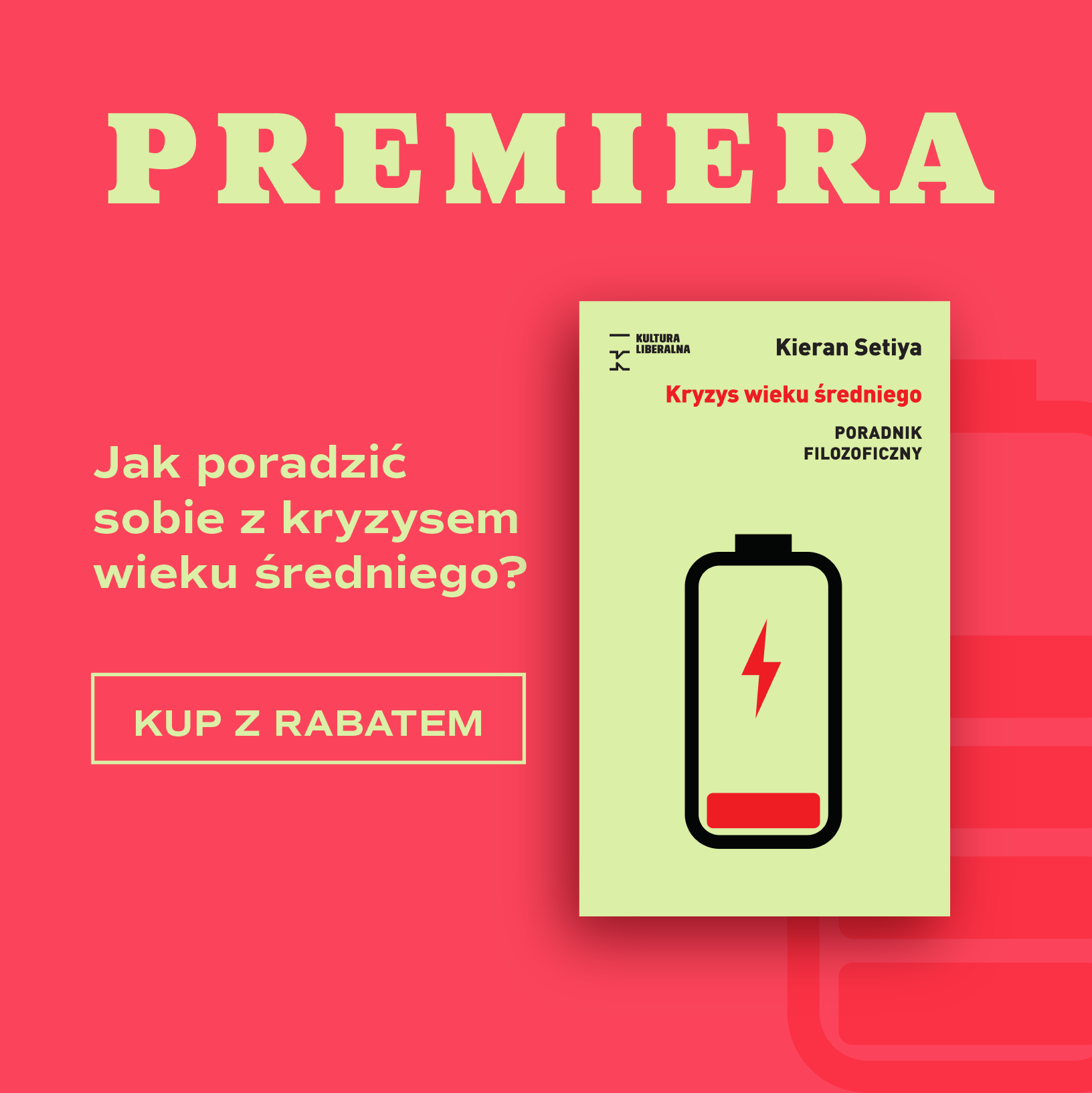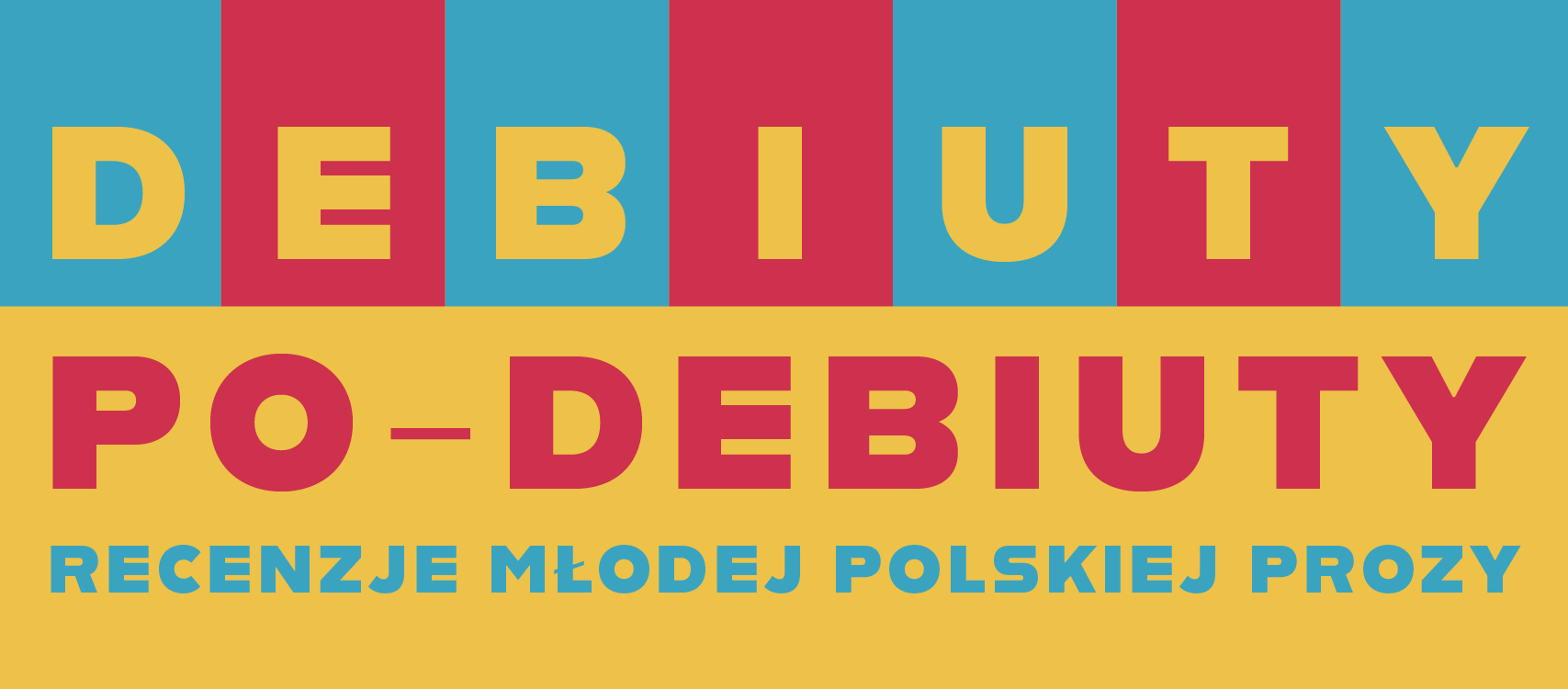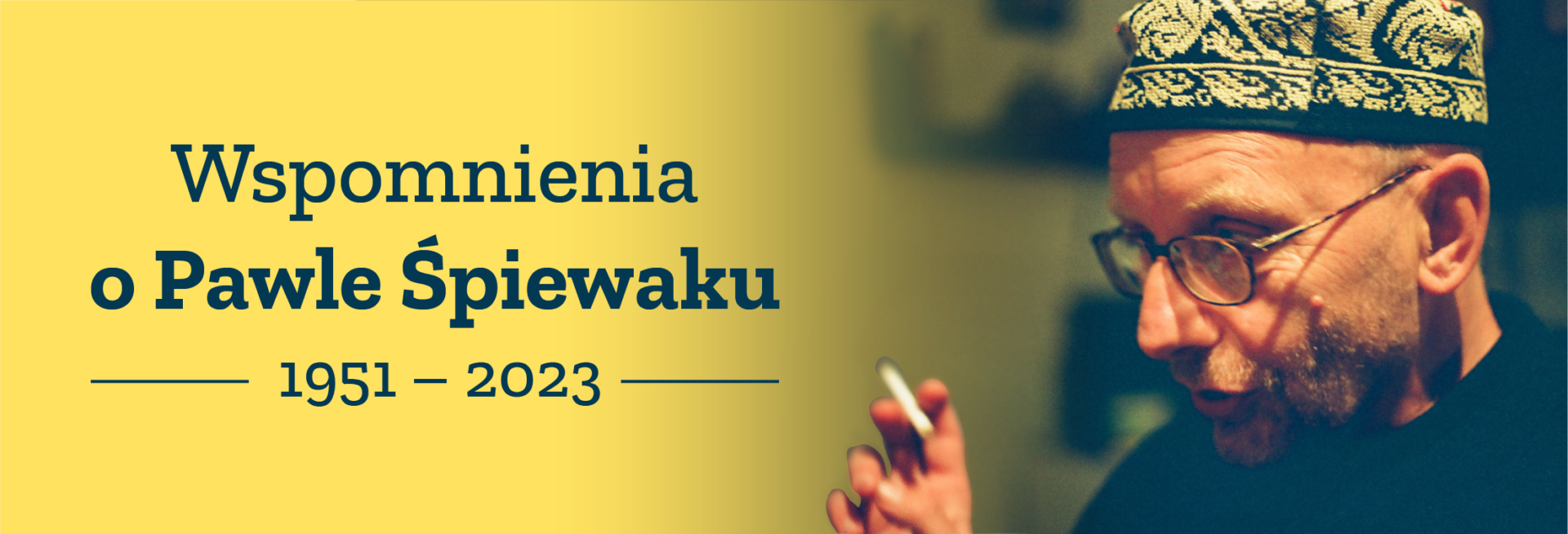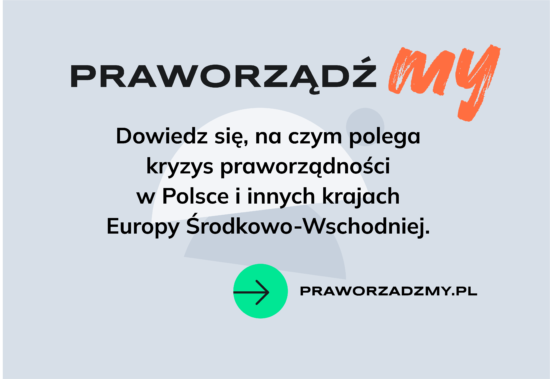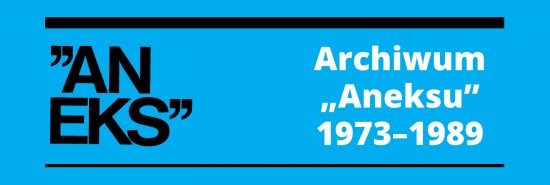KULTURA LIBERALNA > Czytając > LUCAS, GEBERT, PAWŁOWSKI,...
LUCAS, GEBERT, PAWŁOWSKI, PINIOR: Polish presidency, or how to explain Europe to the Europeans?
Dear Readers,
“Kultura Liberalna” is proud to present you with the first Anglo-Polish issue of our magazine, devoted to the Polish presidency in the European Union. Although it has already been three weeks from the time government in Warsaw took over this position we still don’t know how the Polish authorities will cope with the challenges brought by it and how they will try to make the most of the opportunities it offers.
In our pages we present four answers to these questions. All our authors emphasize that after the reforms introduced by the Lisbon Treaty the significance of the Presidency of the Council of the European Union has been largely diminished and we should not expect any revolutionary plans to reorganize the EU being proposed by the Polish government. The reforms introduced in Lisbon do not, however, mean that the next six month of presidency may be treated half-heartedly. This is a time that should bring Warsaw real benefits – the question is what are these benefits and which of them should be considered a priority.
British journalist of “The Economist”, Edward Lucas, claims that the presidency is a great chance to put Poland in the spotlight and thus underline the economic progress it has made over the years. This aspect of presidency is often considered trivial and therefore marginalized which Lucas regards to be a mistake.
Also according to Konstanty Gebert, Polish journalist and future chairman of the Polish office of European Council on Foreign Relations, a successful presidency – that is calm, professional and objective – may improve the image of Poland. Unlike Lucas, however, Gebert claims that this improvement should affect primarily… the Poles themselves. Furthermore, the author maintains that looking at the European Union from the Polish perspective may render all the advantages EU has brought to its members more clearly visible.
Łukasz Pawłowski from “Kultura Liberalna” considers the task of reminding Europeans the point of their membership in the EU to be the main challenge for the Polish presidency. Due to the history of the last two decades Poland may contribute to rebuilding if not the enthusiasm for the common Europe, then at least the faith in its sense. To achieve that Polish government must temporarily abandon the temptation to make use of the presidency in taking care of Polish particular interests and present Polish administration as capable of handling all-European affairs.
In the last article, former Member of the European Parliament, Józef Pinior, emphasizes however that although the duties of the country running the presidency are performed mainly on the level of European institutions, currently, in the difficult situation in which Europe is, we should not forget to pay attention to the social moods in particular member states. According to Pinior “the most interesting things in the months to come will take place not so much on the governmental level but rather on the streets of European cities”.
Enjoy the reading!
Editorial Team
1. EDWARD LUCAS: The power of limited ambitions
2. KONSTANTY GEBERT: There will be no breakthrough – but is it bad?
3. ŁUKASZ PAWŁOWSKI: Explaining Europe to the Europeans
4. JÓZEF PINIOR: Governmental and civil dimensions of the European politics
The power of limited ambitions
We should not have excessive expectations of the impact Polish presidency will have over the European Union during the next six months. Due to the reform introduced by the Lisbon Treaty the role of the country presiding in the Council of the European Union has been largely diminished and one has to bear in mind that the scope for action is nowadays quite limited.
Poland should therefore focus more on administrating the current European affairs rather than initiating new ventures. That is the role of a country running the presidency which now serves as a kind of secretariat for the meetings of the Council ministers. That is by no means a trivial task and judging from how the other countries have handled it lately, it may actually prove quite difficult. Polish supervision over all the major events within the European Union will make hundreds of European civil servants from many different levels focus on Poland and that is in itself very important. It will be a big challenge for Polish administration which needs to present itself as reliable, communicative and well-organized. If we get to the end of December with a successful Eastern Partnership summits and no major fiascos I would consider Polish authorities to have done well.
Presidency is a great chance to put Poland in the spotlight and thus underline the economic progress it has made over the years. Many people in the West still hold a view of Poland as a bizarre and backward country. Presidency may help to dispel those stereotypes. We should not underestimate that goal yet I have the impression that it is precisely what is often being done. Especially in the Polish press there is a tendency to think of the Polish role in black and white – if it is not brilliant then it must be disastrous. That is not true.
But does it mean that Poland has to abandon the great problems of our time as for example the crisis in the eurozone? I think it would be difficult for Poland to come up with dramatic and original idea on how to deal with this predicament and then push it through. This is a job mainly for France and Germany – because it is the biggest problem for them – and Britain since it is the third biggest economy in Europe. These countries are already discussing it very intensively behind the scenes. It would be a mistake to see Poland as a prime mover in this debate since it is not yet in a position to do that. I suspect that the best Poland can do is to facilitate the debates already in progress.
All that I have just stated here may seem to be in contrast with what Prime Minister Tusk said just a few weeks ago in his speech in the European parliament. Tusk said the goals of Polish presidency were very ambitious and he also presented himself as a convinced euro-optimist when he claimed that the best solution for the current crisis is not less but more European Union. I agree that such statements may lack credibility in the eyes of many European politicians or Europeans themselves but let’s imagine Tusk saying exactly the opposite – what would then be the reaction of MEPs and other member states? Poland has taken over the presidency at a difficult time, its space for maneuver is not great but that does not mean the Polish Prime Minister should go to the European Parliament and say the European Union is doomed to fail. That would be both ridiculous and disastrous. Donald Tusk’s remarks on the dangers of the new wave of euro-skepticism and the necessity of regaining faith in the European project may have limited direct impact on the EU but they were nonetheless encouraging and necessary. It would be infinitely more difficult to have as a president of the EU a country like the Czech Republic that was actively euro-skeptic. In this sense having Poland in the driving seat of the Union for the next six months is very important.
Polish presidency may prove significant for yet another reason – its end may be the beginning of the eclipse of the rotating administration. It is worth noticing that after Poland no big and politically influential European country will take over the presidency for the next few years. It will be held by a series of minor, peripheral member states – Cyprus, Ireland, Lithuania and Greece – until it will be passed to Italy in the second half of 2014. Poland is thus the last big and above all Europhilic rather than Eurosceptic country to hold this position for a long time. After Poland the role of the presidency will probably be diminished. It does not mean that the European Union will collapse but it will probably need to change.
* Edward Lucas, British journalist, the Central and Eastern Europe correspondent for „The Economist” and author of „The New Cold War”.
***
Konstanty Gebert
There will be no breakthrough – but is it bad?
In the Polish presidency the more important part is “Polish” rather than “presidency”, because, first of all, this is no longer a position that would give its holder real power and secondly the circumstances in which we take over it are not favourable. The crisis in the eurozone means that our influence on one of the most important issues of the day is limited and – what is no less important – it undermines all the ideas for spending European money which threatens many initiatives Poland had.
This is not to say, however, that Poland is extremely unlucky. I cannot think of any member state that would take over the presidency at a “good” time – there is always a lot going on in the European Union.
A year ago it was Belgium which presided in the Council of the European Union and it managed to perform its duties very well despite deep domestic political crisis. This was undoubtedly a great success but on the other hand Belgium has already been in the driving seat eleven times and one cannot say it has significantly changed either Belgium or the EU. It would be therefore wise to look at the Polish new role from a Belgian perspective and not to expect a breakthrough for there will be none. Presidency is yet another administrative duty of all the member states. It ought to be performed decently but we should not build castles in the air believing that in six months we can change Europe.
Due to these difficulties and limitations it is sometimes said that Poland would be better-off to abandon ambitious plans of influencing the policies concerning the whole Union and to focus solely on local tasks, most important for our national interest. Such conceptualization of this problem is alike asking whether it’s better to wash one’s hands or feet. Both elements of Polish foreign policy within the EU – i.e. having a say in issues distant from us in geographical and political sense, as well as promoting our own local initiatives – should be pursued simultaneously. Poland has to show that EU presidency means presiding over the entire European Union and that it is not a time to deal solely with our own problems. We should encourage such model of presidency in which the presiding country is responsible for the whole organization. Looking from this perspective, Eastern Partnership – one of the chief Polish initiatives – is still very important, yet it has to be discussed in the context of other challenges facing the EU, above all the financial crisis and the war in Libya.
Polish government decided not to become involved in the Libyan conflict when it broke out and maybe that was a reasonable decision – due to for example the lack of financial resources. Nonetheless Polish government has never successfully explained this decision neither to Polish nor to European public opinion. As a president of the EU Poland now has to focus on promoting common European policy in the region and this means mediating between Germany – which opposed this intervention – and France and Great Britain. Nevertheless we need to admit our scope of action is rather limited. I see no space for Polish initiative in this area.
Although from the Libyan war we excluded ourselves, from the other major issue – discussion on the eurozone crisis – we were excluded by France which vetoed the proposition of Polish finance minister participating in the negotiations. Poland is however not entirely blameless in this case. If the Polish authorities had precisely determined the date of Polish accession to the eurozone and had undertaken all the possible means to achieve this goal, it would have been considerably more difficult for France to justify its decision. It has to be acknowledged that Paris did not solve this issue tactfully, yet its decision was to some extent justified – Poland was excluded from the meetings of the club to which it does not belong. Now we need to make sure that this minor disagreement will not dominate other aspects of Polish presidency.
So far this has not happened, which doesn’t mean our presidency up-to-date was free from mistakes. Polish idea, according to which potential border controls within the Schengen Area would apply only to citizens of the countries which do not belong to it, was disastrous, for how can we tell those people from other European and non-European citizens? By the color of their skin? Such propositions suggest a fundamental incomprehension of European rules and values and we are lucky this slip-up was not used to undermine Poland’s capability for leading the EU. It seems other member states agreed to treat it only as a “slip of the tongue”.
Polish presidency has thus still a great chance of being remembered as relatively unproblematic – not because Poland will solve all the problems EU is facing but because it will not add new ones to this list. Hungarian presidency was dominated by domestic affairs and so it will be remembered, Danish presidency may be dominated by the growing reluctance towards immigrants in this country and the Cypriot one by this state’s difficult relations with Turkey which will de facto lead EU negotiations with Ankara to a standstill. Against this background Poland may be seen in the future as a calm and competent president.
This will be very important above all for the Poles themselves. Public opinion in Poland still seems to believe that Polish political interest should be taken into account because of some historical injustices rather than because of our current place among other European countries. Our position in the EU does not result from the fact that we challenged Hitler first or that it was in Poland that “Solidarity” movement was born but from the fact that if we divided Europe in two parts – the one that is efficient and raises hopes and the one that is inefficient and raises anxieties – Poland would undoubtedly be in the first one. In the light of the fears that the European project is defective from its very nature Poland is a proof for the opposite. From the Polish perspective all the advantages EU has brought to its members are more clearly visible than from the perspective of Belgium or Germany where they were belittled long time ago.
I believe Poland to be well-prepared for its role. However, the very nature of the presidency after the Lisbon Treaty makes it a post by which not much can be gained but to which all the failures are very easily attributed. Despite all that we have a great chance to say when the time comes that we have used these six months wisely. Advantages from that will contribute mainly to improving Poland’s image – hopefully not only in the eyes of other countries but also in the eyes of the Poles themselves.
*Konstanty Gebert, at the beginning of September he will become a chairman of the Polish office of European Council on Foreign Relations.
Edited and translated by Łukasz Pawłowski
***
Łukasz Pawłowski
Explaining Europe to the Europeans
During a conference organized five years ago in London to celebrate Europe Day one of the major issues raised by Austrian ambassador to the United Kingdom (Austria was at that time president of the EU) was… the lack of jokes on European Union. At the time being, only British historian, Timothy Garton Ash, replied with the one-liner: “If the EU applied to join the EU it would not be admitted”. Over the next few years this became more of a reality than anecdote and I am pretty sure that today most member states would veto letting the EU you as a whole into their midst.
The conflict in Libya is prolonging, the Arab spring is far from a happy ending, the specter of Greek bankruptcy still lingers on, the Schengen area wobbles and the idea that used to keep the whole institution together seems to have got lost somewhere. Can Poland – the biggest post-communist country in the community which has just taken over the presidency in the EU – breathe some fresh air into the European project and maybe make the EU “admissible” again?
Polish authorities seem to have no doubt about it. In an article published on the first of July Prime Minister, Donald Tusk has identified the following goals Polish administration wants to pursue when at the forefront of European politics:
“The task I consider to be most important is reviving trust towards Europe among its citizens. The first message of our presidency will be therefore to rebuild common language and faith in European politics. […] Our plan is ambitious. We will strive for deepening the integration of European market, since it will increase the pace of economic growth. We will be advocating for further EU enlargement and better cooperation with its neighbors since it will guarantee stability at the continent’s gates – both southern and eastern. We will strengthen the security of Europe in terms of energy and food provisions as well as militarily. Finally we will commence a discussion on a new European budget”.
The plans are grand, numerous and diverse and so are the expectations towards the Polish presidency. “Financial Times” went as far as to claim that from all the member states only Poland with its heritage of ‘Solidarity’ and the economic success of recent 20 years can reinvigorate the faith in European Union. Flattered as they may be politicians in Warsaw need nonetheless to remember there is a limited number of things one can do in half a year. Instead of promising too much Poland should focus on what is really important and avoid spreading itself to thin.
The crisis of faith in common Europe has reached such proportions that even pro-European analysts claim that EU can no longer be taken for granted. A growing number of EU citizens ask themselves a simple question: “What are we doing here?” and the more they ponder over it the less convincing answers they come up with. The narrative of international solidarity on which European Community was originally founded is clearly losing its social resonance. Europeans need a new account of what actually keeps them together. Does Poland have such a story to tell? I believe it does. The only problem is to get the message through.
This may be difficult since for most Europeans – if they have any opinion on the subject – Poland is still a far-east, poor state with hardly anything to offer to its Western European counterparts. It is also often seen as unable to transgress its petty interests and predisposed primarily to take rather than to give. This reputation was supported by Polish recurrent conflicts with Russia and Germany during the years 2005-2007. Only one year after joining the EU Poland found itself in isolation and in a serious conflict with major European players.
Since then a significant amount of work has been done to change this image. Relations with Germany are now probably the best in the last 20 years and even always difficult cooperation with Russia is running relatively smoothly – at least from Brussels’ perspective. The country has gradually freed itself from being perceived as nuisance and “conflictmonger”. Now the major task is to convince other EU members that Poland is not only capable of acting in its own right but that it may also manage pan-European issues. Only then will it be treated as a credible partner and that is why it should be a pivotal point of Polish presidency.
In order to achieve that Poland must not focus solely on regional affairs such as Eastern Partnership. Important as attracting East European states to the West is, it should not overshadow the fact that for the time being EU has hardly anything to offer to them. Expanding eastwards towards Ukraine – a second largest country in Europe – is out of the question since – as already said – the Union must first face a grave internal crisis and find a new answer to the question of what keeps it together. Europe should clearly indicate its will to cooperate with former soviet republics and gradually tighten the relations with them. “Gradually” is however a crucial word in this context. European Union is obviously fatigued with a growing number of tensions coming both from within and outside the organization. If Poland presses too hard on a single point of Eastern Partnership it may backfire and discredit Poland’s impartiality. Should this happen, all other plans will be doomed to fail.
Presidency must not be considered a good time to quickly get all the particular interests done. On the other hand, it mustn’t either be considered a time when all the pending problems can be solved. In everything it does the government in Warsaw should always remember about its priority that is, in the words of Prime Minister Donald Tusk, “reviving trust towards Europe”. This is certainly not a task to be accomplished in six months but these six months may be either a good start or a lost opportunity. How can we make it the first rather than the latter? By beginning to draw up a new narrative explaining to the Europeans why their countries should remain united. There is more to Europe than economics and if we don’t want the EU to break up or turn into a “living dead” someone will finally have to say it. Polish recent history makes the country a good place to start a new debate on the idea of Europe. First, however, we must convince others we are worth hearing out.
* Łukasz Pawłowski, a PhD candidate at the Institute of Sociology, University of Warsaw, member of the editorial team of “Kultura Liberalna”.
***
Governmental and civil dimensions of the European politics
Presidency in the European Union as specified in European treatises is a part of all-European and transnational politics. This neologism in the political language clearly emphasizes the uniqueness of the European political system. Its “hybridism” makes the European Union something less than federation but more than a mere coalition of states. EU is also a community of citizens and although the presidency concerns mainly the authorities of the state running it, one should not forget about civil dimension of this particular function. The political domain in which decisions are made penetrates the democratic sphere linked both to European societies and civil activity itself.
The articles presented this week in “Kultura Liberalna” highlight above all the national and institutional aspect of the European politics. Let’s sum them up: a successful presidency needs to be professional, moderate and European. Edward Lucas writes about a “big challenge for the Polish administration”. It is true that the government in Warsaw – but to some extent the whole administration – have to adjust to coordinating European affairs. Every day thousands of people will be committed to this goal – civil servants, municipal authorities, experts, politicians – and this endeavor will probably significantly remodel Polish politics by binding the national strategy more tightly to the European Union.
Polish presidency from the perspective of Brussels – as Konstanty Gebert points out – is just “yet another administrative duty”, routine operation, to which both European as well as Polish institutions seem to be well-prepared. A real challenge and test for the country running the presidency are unexpected events, international crises, conflicts, especially those which divide particular member states. Basing on my experiences in the European Parliament I can say that Slovenian presidency made a big impression when the country had to face the Kosovan declaration of independence announced despite Serbian fierce opposition. Slovenia was the first post-communist country presiding in the EU and what is more a country that was created after the collapse of Yugoslavia. After all these years EU has not yet developed a uniform position on Kosovo but at that time disputes divided even the particular parties in the European Parliament. I looked with admiration on how Slovenia was leading the EU so that this conflict in such an important matter would not spread to the level of European institutions. After the Lisbon Treaty, with High Representative for Foreign Affairs and Security Policy running the presidency should not be exposed to such challenges any longer. Besides, from the perspective of Warsaw European politics may seem an oasis of peace and predictability in the light of the political situation in Poland after the tragedy in Smolensk.
Poland will have to prove its moderation, constant balancing its political ambitions with European reality, and be able to combine great goals of the Union with a realistic view on the financial, economic, and social condition of Europe in the autumn 2011. How difficult this task is going to be was proved by the last summit of eurozone countries to which no representative of the country running the presidency was invited. Polish government behaved as it should, remaining calm in the face of this affront. In his speech in the European Parliament Prime Minister Tusk was right to underline the enthusiasm for Europe and the faith in major foundations of the common politics. Polish presidency should at every turn emphasize the vitality of the European project, work calmly and persistently for such European Union in which deepening the financial integration within the eurozone will not automatically lead to creating a “two-speed Europe”. This is a fundamental issue both for Poland and the EU as a whole.
Łukasz Pawłowski asks whether Poland can “breathe some fresh air into the European project”. Let me get back to my experiences in the European Parliament again, this time to the German presidency in the second half of 2007. In the speeches given by the German Chancellor in the European Parliament one could sense her identification with the political system of the Union.
For Angela Merkel it was natural and gave the impression that she simply felt at ease in the European Parliament in Strasburg or in Brussels. I have to admit that her frequent – as for the head of the presiding country – presence in the European Parliament was inspiring and showed that the presidency does not have come down to bureaucratic correctness. Merkel was a leader who in everyday practice proved that through the European Parliament the presidency can refer to the citizens and societies of the whole EU. Polish presidency should in similar manner surprise everybody with Europeanism. The government, Polish political class and civil service should in the next few months naturally convince Europe about the sense of the European project.
Europeanism does not interfere with wise presentation of the issues crucial from the Polish perspective, nor does it mean one needs to give up particular interests. French presidency in the second half of 2008 is a good example of this. France put a special emphasis on the Mediterranean area and nothing prevents Poland in the time of its presidency from promoting science, culture and entrepreneurship of the Eastern European and Caucasian countries and thus bringing them closer to the Union. The art of politics in this regard lies in naturally linking one’s activity in the Mediterranean basin and the Middle East with this in the Eastern Europe.
Europeanism also means addressing Polish public opinion with the European message for which, paradoxically, electoral campaign in Poland before Parliamentary elections in October may prove useful. Regrettably a few years ago the majority of Polish political class marched towards Europe united by the slogan “Nice or death”¹ which lead to misunderstanding of the idea of the Constitutional Treaty and – embarrassing for a country in which “Solidarity” was born – rejection of all the points of the Charter of Fundamental Rights of the European Union. These six months of the presidency give us a great opportunity to change this situation. It is worth to bring forth Polish conceptions of Europe developed in the 20th century, forgotten strategy for European integration proposed by General Sikorski’s government in exile during the World War II or political thought developed by the people contributing to the famous Polish journal “Kultura”, edited by Jerzy Giedroyc in France during the time of communism in Poland.
Even the most successful presidency will not solve all the problems facing the European Union. From the perspective of the civil society the main challenge is to overcome the discord between European institutions and democracy which is now limited to the nation state. On the level of the economy the main challenge is global capitalism which brought crisis to the EU and gradually makes the European welfare state disappear. As a result, after the failure of the Constitutional Treaty we observe renationalization of the European politics, rise of a populist tide or on the other hand, strive for deepening the integration within the eurozone which may lead to disintegration of the EU.
The most interesting things in the months to come will take place not so much on the governmental level but rather on the streets of European cities and will be caused by the trade unions and their struggles, the youth movements’ protests, by the confusion around traditional political divides between left and right, by disputes on the cultural identity of the EU and the conflict between populist and liberal Europe which begins to loom on the horizon.
¹ That was the sentence used in 2003 by one of the most popular MPs at that time, Jan Rokita, who in this way displayed his objection to the change of the vote weighting system in the Council of the European Union approved by the Treaty of Nice in 2001.
* Józef Pinior, politician, lawyer, philosopher. During the communist rule in Poland activist of the “Solidarity” movement, arrested in 1983 and sentenced for 4 years of imprisonment. Since 1987 he attempted to reactivate the prewar Polish Socialist Party. From 2004 till 2009 a Member of the European Parliament.
Edited and translated by Łukasz Pawłowski
***
* Concept of the Subject of the Week: Łukasz Pawłowski.
** Cooperation: Robert Tomaszewski.
*** Picture: Wojciech Tubaja.
„„Kultura Liberalna” nr 133 (30/2011) 26th of July 2011
Skoro tu jesteś...
...mamy do Ciebie małą prośbę. Żyjemy w dobie poważnych zagrożeń dla pluralizmu polskich mediów. W Kulturze Liberalnej jesteśmy przekonani, że każdy zasługuje na bezpłatny dostęp do najwyższej jakości dziennikarstwa
Każdy i każda z nas ma prawo do dobrych mediów. Warto na nie wydać nawet drobną kwotę. Nawet jeśli przeznaczysz na naszą działalność 10 złotych miesięcznie, to jeśli podobnie zrobią inni, wspólnie zapewnimy działanie portalowi, który broni wolności, praworządności i różnorodności.
Prosimy Cię, abyś tworzył lub tworzyła Kulturę Liberalną z nami. Dołącz do grona naszych Darczyńców!
PRZECZYTAJ INNE Z TEGO NUMERU
KOMENTARZE















